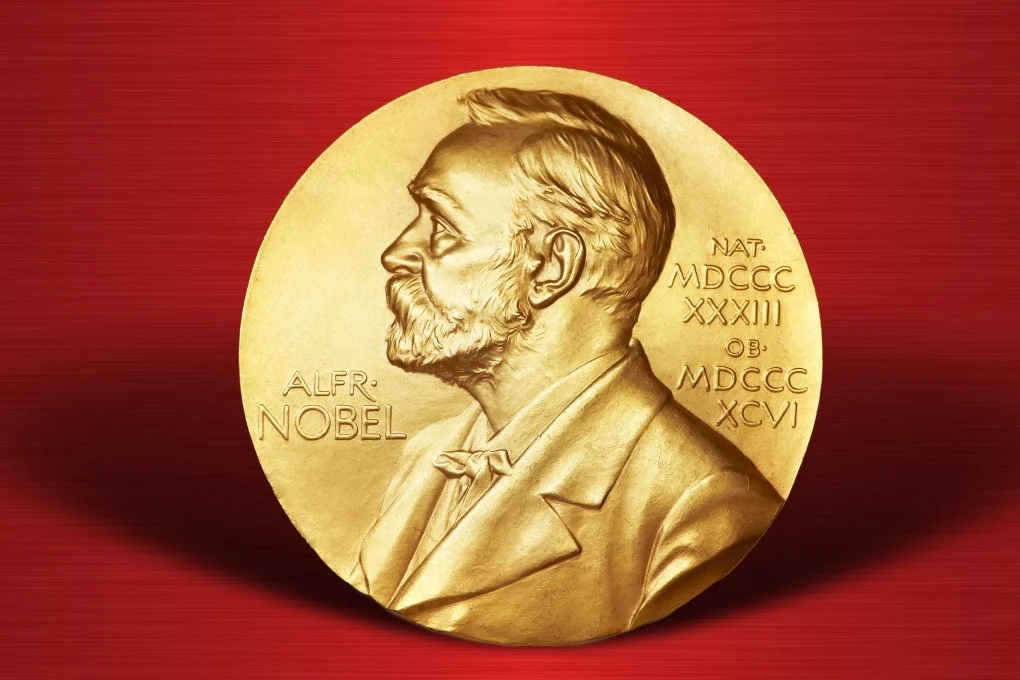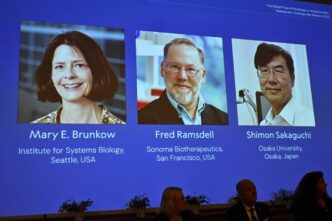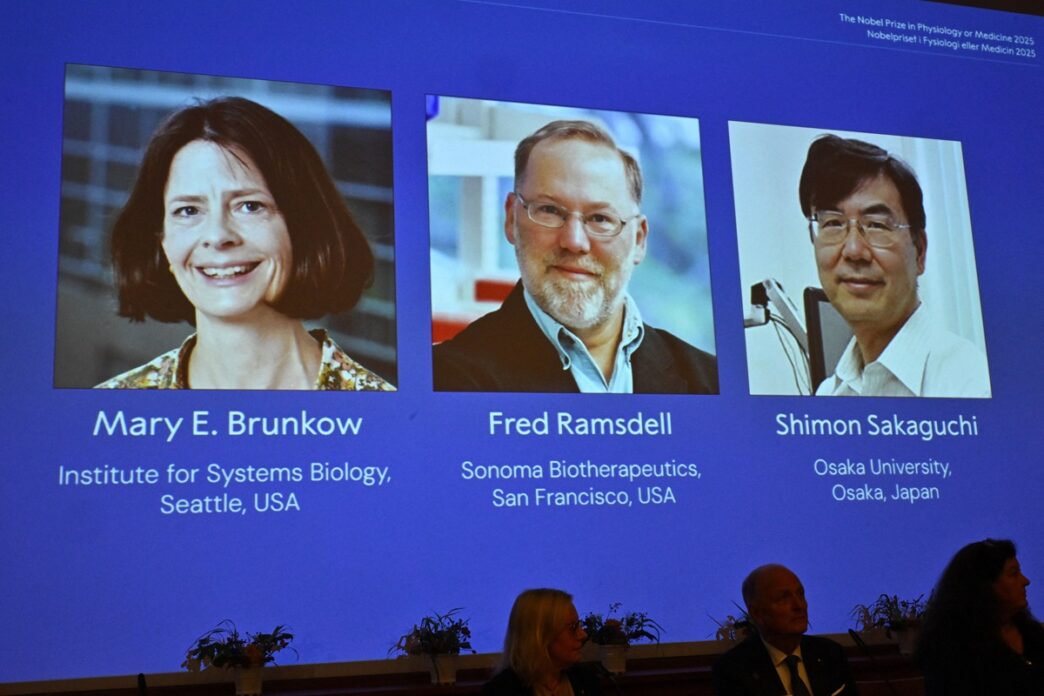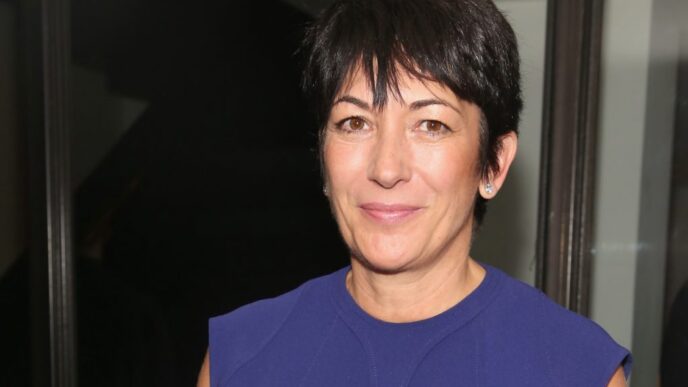Mary E. Brunkow and Fred Ramsdell from the United States, along with Japan’s Shimon Sakaguchi, were awarded the Nobel Prize in Medicine on Monday for their research into the regulation of the immune system, according to the Nobel committee.
Their research has played a critical role in understanding the workings of the immune system and why not everyone develops severe autoimmune disorders. Additionally, their findings may contribute to improved success rates in organ transplants.
The three were honoured “for their discoveries concerning peripheral immune tolerance”, the jury said.
“Their discoveries have laid the foundation for a new field of research and spurred the development of new treatments, for example for cancer and autoimmune diseases,” it added.
In 1995, Sakaguchi, now 74, made the groundbreaking initial discovery. At that time, many scientists believed that immune tolerance was established solely by the elimination of potentially harmful immune cells in the thymus, a process known as “central tolerance.”

Sakaguchi revealed that the immune system is more intricate and identified a previously unknown group of immune cells that help safeguard the body against autoimmune diseases.
Brunkow, who was born in 1961, and Ramsdell, aged 64, made another significant discovery in 2001, elucidating why certain mice had a heightened susceptibility to autoimmune disorders.
Two years later, Sakaguchi successfully connected these findings.
“They had discovered that mice have a mutation in a gene that they named Foxp3,” the jury said.
“They also showed that mutations in the human equivalent of this gene cause a serious autoimmune disease, IPEX.”
The three of them will be awarded their prizes—a diploma, a gold medal, and a check for $1.2 million—by King Carl XVI Gustaf during a formal event in Stockholm on December 10, the anniversary of Alfred Nobel’s death in 1896.
Nobel established the prizes in his final will.


 Trending
Trending 











